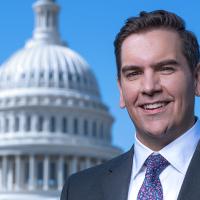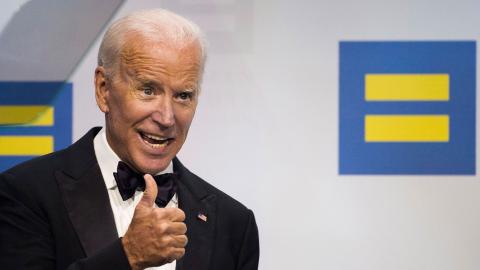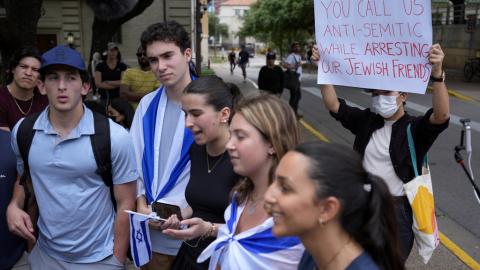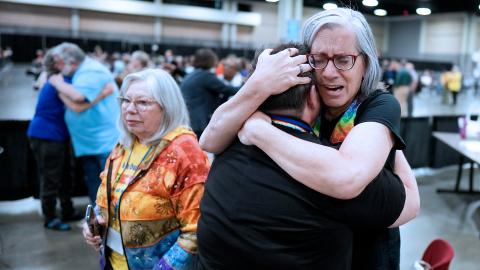Supreme Court to Hear Religious Liberties Case of Mail Carrier Forced to Work Sabbath Shifts
WASHINGTON, D.C. – How accommodating should your employer be when it comes to recognizing deeply held religious beliefs? The answer could come from the Supreme Court as they take up a high-profile case this month. It involves a former mail carrier who is fighting to make sure his faith is recognized.
Lancaster County in rural Pennsylvania has become the latest battleground for religious freedom. It's here that Gerald Groff served as a postman starting back in 2012.
He told CBN News his work took him to the rural parts of the county. "In the countryside as opposed to a city carrier who delivers it in town," he said. "Using my own vehicle, driving from the passenger seat, with my leg and my left arm across, driving the steering wheel and operating the pedals, and I'd just go out and deliver my route."
Groff saw this as a natural fit because, with no mail delivery on Sundays, he could observe the Sabbath.

"I was raised in a Christian family. There was no question about working on Sunday. We always refrained from working on the Lord's day."
Then, Sunday service changed. Groff says when the USPS entered into an agreement with Amazon to deliver packages, a collective bargaining requirement had him scheduled for some Sunday shifts.
At first, he found ways to work around it. "I did extra work during the week. Saturday we had an auxiliary route, which is like half a route, and we had nobody to deliver that because of lack of staff," he said. "So I would be delivering a full route, an 8-hour shift, and then come back and take the auxiliary route as well, so I was demonstrating to my coworkers I was doing my part as well."
Groff eventually transferred to a different location that hadn't yet started delivering on Sundays. That changed in 2017. Not always able to find coworkers to cover his Sunday shifts, Groff got into trouble for not showing up.
After years of tension, Groff quit in 2019 and sued the postal service. His case has made it all the way to the Supreme Court.
"I said, I feel like you're backing me into a corner, asking me to choose if I'm going to honor God or I'm going to obey you as my authority as my employer. I said I mean no disrespect to you as my employer, but I have to choose God," he explained.
***Please sign up for CBN Newsletters and download the CBN News app to ensure you keep receiving the latest news.***
What's at stake is how many accommodations employers have to make based on religion. A 1977 SCOTUS decision requires workers be "reasonably" accommodated for their religious beliefs without "undue hardship" on the employer.
A lower court ruled that Groff's requests for Sundays off created a burden for coworkers and his workplace.
Randall Wenger from the Independence Law Center helped get his case to the high court.
"I think the message for everyone is, our rights rise and fall together, so be out there rooting for Gerald because that's a liberty we can all enjoy."
Members of Congress, including Senators Tim Scott (R-South Carolina) Marco Rubio (R-Florida), and James Lankford (R-Oklahoma) are backing Groff with a brief encouraging the court to revisit the definition of "undue hardship."
"Let's protect the right for an individual to live their faith. If a person is a Muslim and they need to pray five times a day and we can adjust around that for them to be able to do that, why wouldn't we do that?" Lankford asked. "If a person is a Christian faith and they're very strict on the sabbath and they want to be able to do that, why wouldn't we adjust around that to allow them to live their faith? This is a basic, human dignity issue that we shouldn't step on."
Other religious groups also support Groff as his case could have a far-reaching impact on the future of faith in the workplace.
Groff said, "I can't change what happened to me that's in the past, but my motivation would be if we win, first we glorify God, and second that we protect religious freedom so it doesn't happen to somebody else here in America."
The case is scheduled to be heard here at the Supreme Court on Tuesday. A decision could be one of the most consequential religious liberty determinations of the past 40 years.




